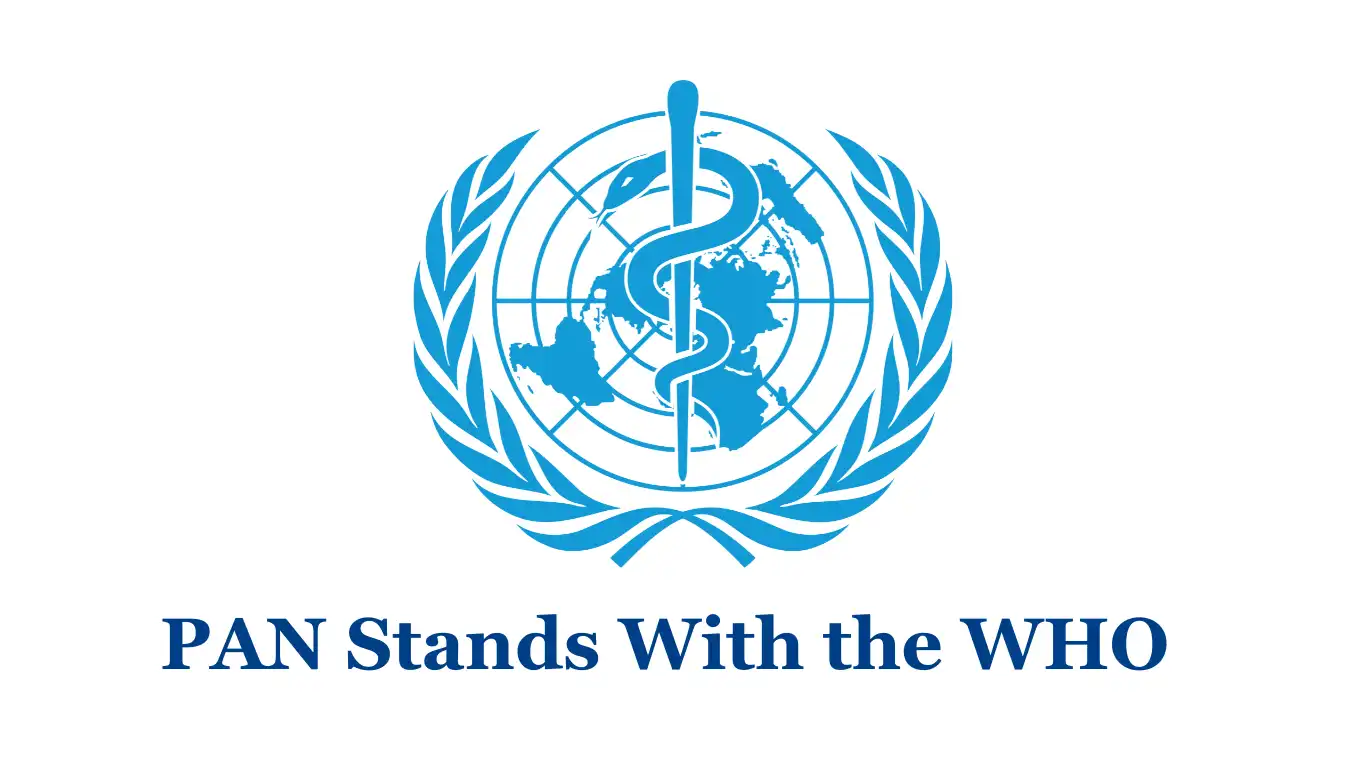By Carolyn Reynolds, Co-Founder, Pandemic Action Network
*This blog is adapted from an article published in CQ Researcher, September 2020
As the world marks United Nations Day on October 24 – in the midst of a pandemic with no end in sight ― it’s a good moment to reflect on how much the United States benefits from the UN, and in particular its membership in the World Health Organization (WHO). U.S. membership in the WHO is on the ballot in the presidential election, with the current Administration’s decision to initiate withdrawal of the U.S. from the WHO. On the other side, Democratic nominee Joe Biden has said that if he were to be elected President he would reverse the decision on day one in office.
The choice is clear: the WHO serves U.S. interests in several ways, and never more so than now.
First, as the COVID-19 pandemic has shown, infectious disease outbreaks anywhere in the world can quickly put American lives and livelihoods at risk. Until a vaccine exists and is widely and equitably delivered around the world, no country will be safe from COVID-19. Ending the pandemic requires a united global effort, in which the WHO plays an indispensable role. Countries worldwide rely on the WHO’s expertise to lead the global response to the pandemic, from providing technical guidance on proven interventions to coordinating international efforts to accelerate research, development, and universal access to a COVID-19 vaccine and to therapeutics. The WHO-coordinated Access to COVID-19 Tools Accelerator (ACT-A) and Solidarity Trial are unprecedented global efforts that will increase the likelihood of ending the pandemic faster.
Second, the WHO has led global efforts to combat a host of other infectious disease threats. The eradication in 1980 of smallpox, which killed an estimated 300 million people during the 20th century, is one of the agency’s greatest achievements. With sustained WHO leadership, the world is now extremely close to eradicating polio, down to just 176 cases worldwide in 2019. U.S. political and economic support has been vital to this effort, and withdrawal could stall efforts to end this debilitating scourge. International efforts to fight influenza, HIV/AIDS, malaria, measles, and tuberculosis also depend on the WHO for support.
Third, the WHO provides the backbone for the world’s infectious disease early warning system. Working closely with experts from the U.S. Centers for Disease Control and Prevention (CDC) and the U.S. Agency for International Development (USAID), the WHO helps governments assess their pandemic preparedness gaps and mobilize early detection and response efforts. U.S. withdrawal will hobble that capacity and leave a major hole in the common global defense against growing pandemic threats.
Both the WHO and the United States have lessons to learn from this pandemic. While the WHO’s emergency response capacity has improved considerably in recent years, all agree it can be strengthened. An independent panel has been established to review the global COVID-19 response and what governments, the WHO, and the international system could do differently to improve their preparedness and response. But scapegoating the WHO for COVID-19 is a political distraction. The agency, which lacks the ability to compel member states to act, is only as effective as its members – particularly its most powerful member and largest donor – will allow.
Leaving the WHO will further erode U.S. influence on the global stage. It would be ill-advised at any time, but to do so as the world grapples with the mounting health and economic toll of the COVID-19 pandemic is unfathomable. Only global solidarity and a coordinated, multilateral approach will bring us safely out of this war against a deadly virus that knows no borders.
America needs the WHO, and the WHO needs America. The U.S. should not only stay in, it should also step up its support ― to end this pandemic and help prevent the next one.



